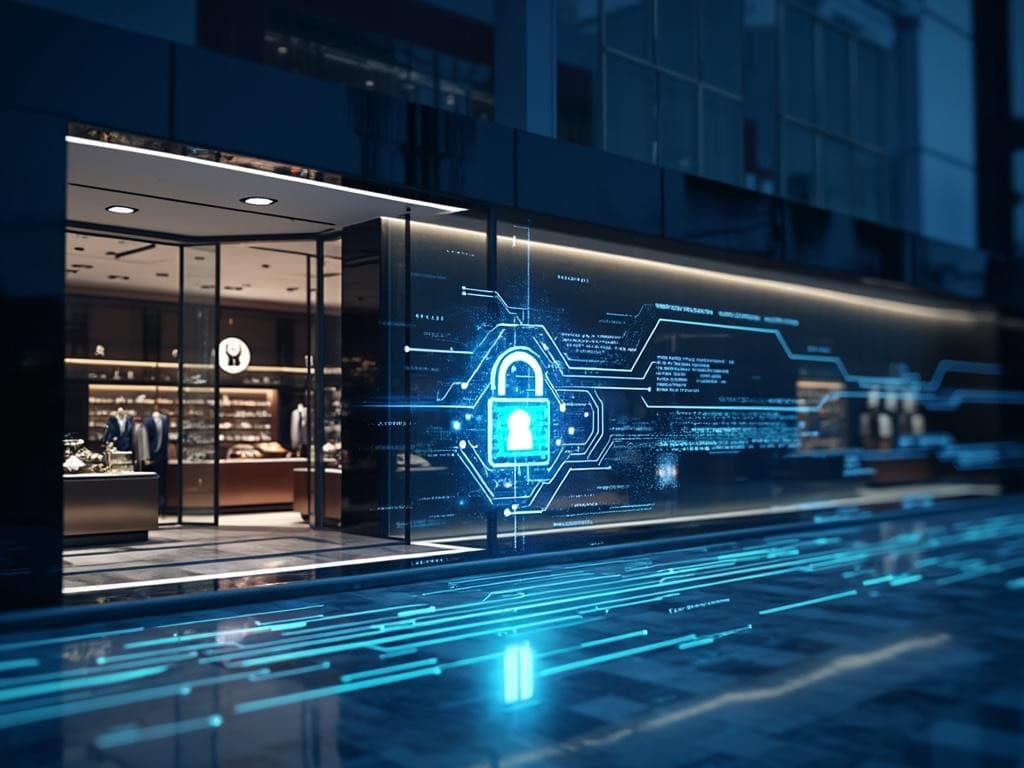Retail Cybersecurity: Luxury Brands Targeted by Rising Threats in the Digital Landscape

Retail Sector Faces Mounting Cybersecurity Challenges as Luxury Brands Come Under Attack
Major retailers including Victoria's Secret, Cartier, and The North Face have recently fallen victim to cyberattacks, highlighting the retail sector's growing vulnerability to digital threats. Security experts warn that no brand, regardless of size or prestige, is immune to these sophisticated attacks. Businesses must implement comprehensive cybersecurity measures to protect their digital assets.
High-Value Targets Draw Sophisticated Threats
The recent wave of attacks appears to be part of a broader campaign dubbed "Operation Grand Tour," targeting luxury retailers who possess valuable data on high-net-worth individuals. These breaches expose sensitive customer information that criminals can exploit for phishing, blackmail, or identity theft schemes.
"The retailers themselves are not always the ultimate target," explains James Maude, Field CTO at BeyondTrust. "These may well represent supply chain attacks on high net worth individuals. The very nature of their client base makes them a valuable target for reconnaissance and information harvesting."
Security Challenges in Modern Retail
Several factors make retailers particularly vulnerable to cyber threats. Organizations must conduct thorough cybersecurity risk assessments to identify vulnerabilities:
- Focus on user experience over security, with retailers reluctant to implement strict authentication measures that might deter impulse purchases
- Loyalty programs and rewards points becoming frequent targets for credential stuffing attacks
- Supply chain vulnerabilities through third-party service providers
- Smaller IT operations in luxury retail compared to their brand presence
Ben Hutchison, Associate Principal Consultant at Black Duck, notes that "a diverse range of attack techniques have been used in recent compromises, suggesting the possibility of additional actors being involved."
Strengthening Retail Cybersecurity
Security experts recommend several key measures to protect against these evolving threats. Retailers should implement robust e-commerce security measures to safeguard customer data.
- Implement mandatory multi-factor authentication (MFA) for all critical applications
- Adopt zero-trust mechanisms to prevent lateral movement within networks
- Enhance supply chain security and third-party risk management
- Develop comprehensive incident response plans with regular testing
"MFA is no longer a 'nice-to-have' option — it is a necessity," emphasizes Haviv Rosh, Chief Technology Officer at Pathlock.
According to the NIST Cybersecurity Framework, organizations should adopt a risk-based approach to securing their digital infrastructure, particularly in the retail sector where customer data protection is paramount.
The retail industry must prioritize cybersecurity investments and maintain vigilant monitoring of their digital systems to protect both their operations and customer data from increasingly sophisticated cyber threats.

